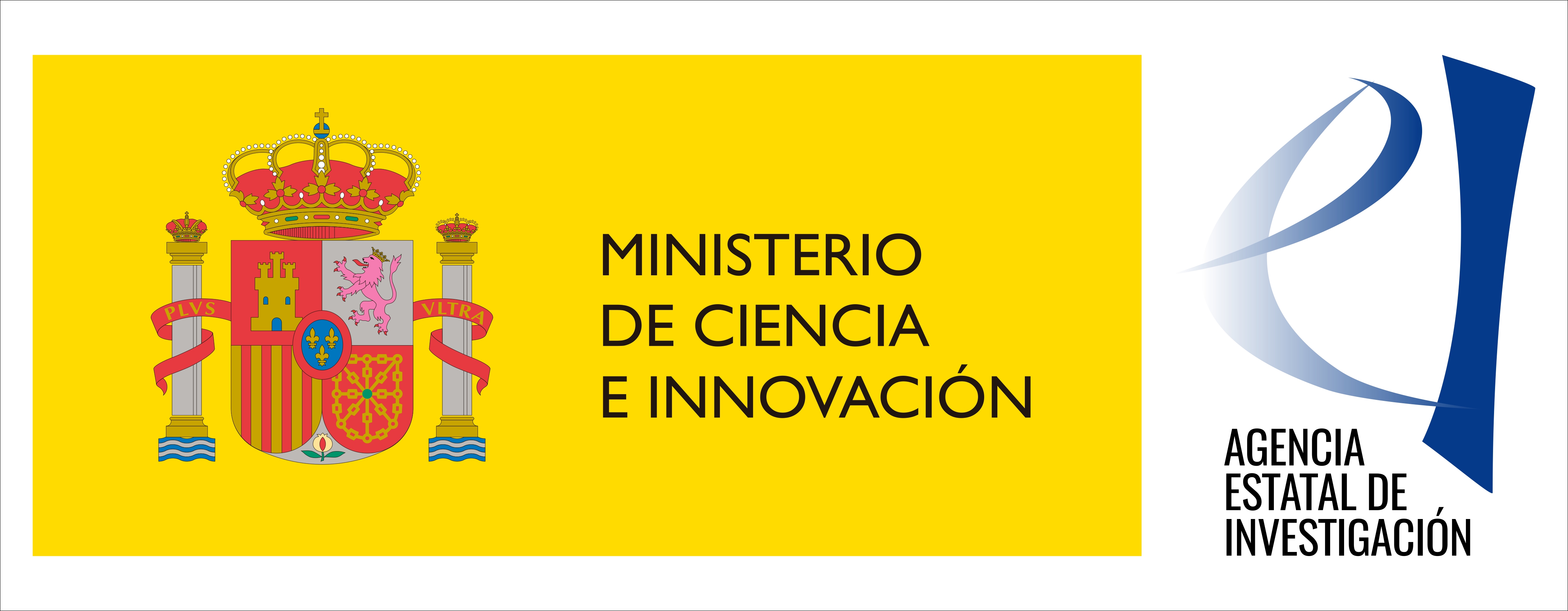
PID2019-106862RB-I00
The digital society is a model of social organization where the revolution in information technologies - global connectivity, cloud computing, artificial intelligence and sensors - is used to provide solutions to urgent social needs, improve the quality of life and generate sustainable growth models. The fundamental underlying idea of this system is that the data generated by a large, widespread and dispersed sensor network can provide remote and real-time access to information, improving the decision-making process. Unfortunately, as this approach grows, the lack of tools to produce chemical and biochemical information is becoming a major obstacle to progress.
The need to simultaneously achieve robust analytical performance, simplicity of operation and affordable cost makes it a very complex challenge. Our group has shared pioneering efforts in this field with the development of paper-based and portable potentiometric sensors, which we have demonstrated as powerful tools for blood, urine, and sweat analysis. Although we have successfully overcome the cost barrier and improved the simplicity of the systems, several performance-related issues inherent in the potentiometric technique remain. Therefore, in this work we propose the exploratory use of organic electrochemical transistors (OECTs) as a platform to develop distributed (bio)chemical sensors. OECTs are a relatively new and growing approach to electrochemical sensing that show very high sensitivity, versatility, and simplicity. In addition, since the sensing unit of the OECT (the gate) is analogous to a potentiometric sensor, we can take advantage of all the progress already developed to create these new tools.
Keyword
- Thick layer
- Organic electrochemical transistors
- Single-use sensors
- Sensors wearable
- Health surveillance

